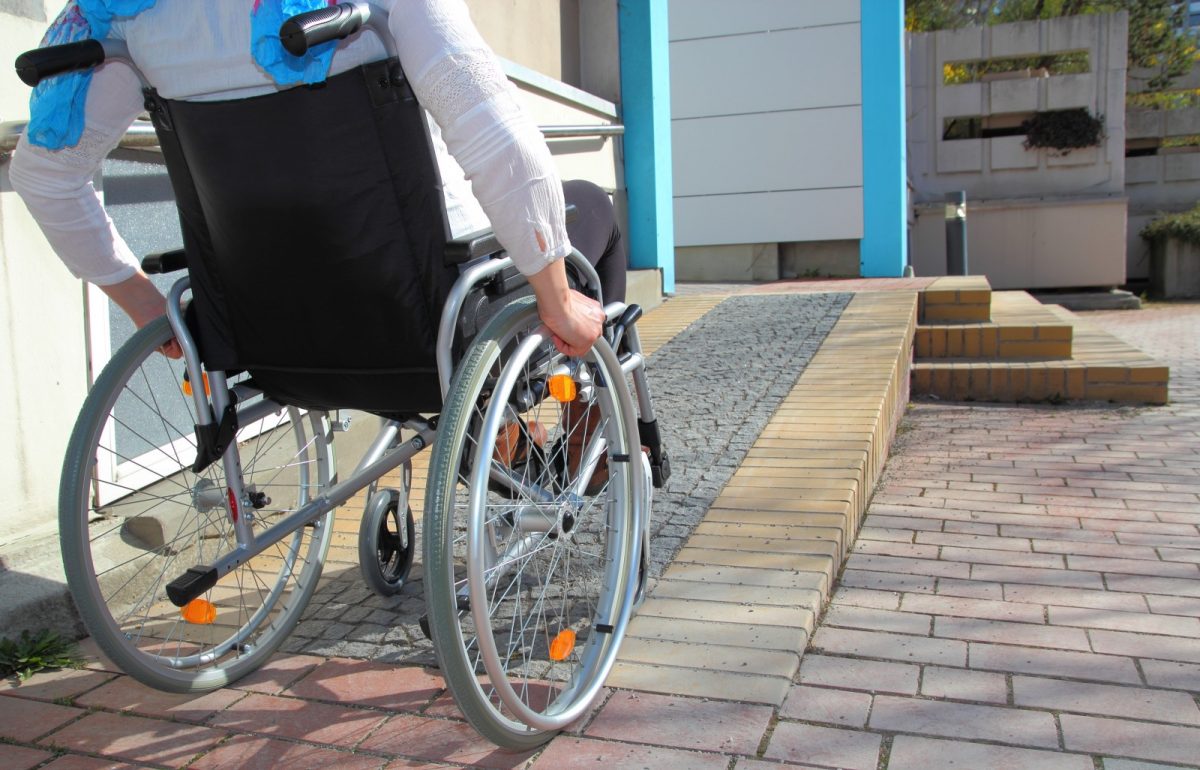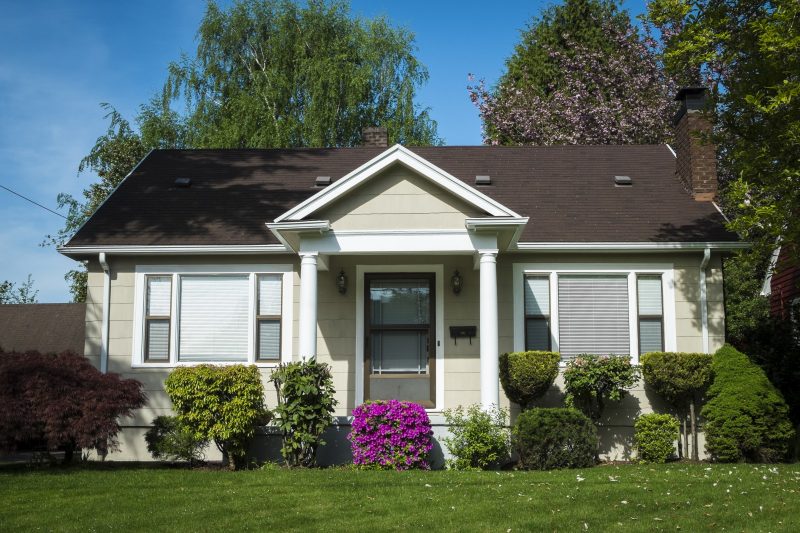Buying a House on Disability Benefits or SSI
Know how to navigate the system so you can find the home you're looking for.

The complexities of Social Security Disability Insurance (SSDI) and Supplemental Security Income (SSI) benefits leave many people wondering not only if they can buy a home, but if buying a home will, in turn, affect their benefits in the future. The short answer is many people who receive SSDI and SSI benefits can and do qualify to buy a home, but will also likely face some additional hurdles unique to receiving these benefits.
How does SSI work?
SSI serves as a stipend resource for people with limited income who have a physical disability, and are 65 or older. These benefits are paid out monthly at the current rate of $735 for an individual and $1,103 for a couple, as of January 2017.
With a limited monthly income, it can seem incredibly difficult to save for a home while also covering ongoing household needs. According to 2017 Zillow data, 68 percent of renters cited saving for a down payment as the biggest hurdle to buying a home.
How does SSDI work?
SSDI is a resource available to those younger than 65, but it also requires work credits, meaning you must have worked enough during the years prior to applying for SSDI. While people receiving SSDI can face additional hurdles when trying to buy a home, they aren't bound by the same income restrictions as people receiving SSI.
The problem, however, is that neither lenders nor recipients of SSDI benefits know how long the benefit income will last. In turn, it's difficult to assess whether recipients have stable income - the Social Security Administration (SSA) only provides proof that people are actively receiving benefits instead of guarantees for the future. The SSA performs regular reviews of SSDI cases for continuance.

Buying a house on SSI
Buying a home while on SSI comes with its own set of unique challenges. Most notably, SSI rules limit the amount of income or assets you can have while remaining eligible for benefits. As a result, having enough money to buy a home - but not too much that you lose benefits - can be a fine line.
Because people on SSI can't have assets valued at more than $2,000 as an individual or $3,000 as a couple, saving up enough cash for a down payment to even consider buying a home is difficult. On the bright side, not all assets count toward those limits. Case in point: The home you live in is considered your primary residence and is not considered an asset.
Although you might face additional challenges, buying a home on SSI is still possible. Lenders look at your income and credit score, just like they would with any other loan applicant. But even if your credit score and income aren't up to par, there are programs in place to help you get into a home. Need to find a lender? You can use Zillow to quickly find a lender who's licensed to work in your area.
If you do acquire a home loan, it doesn't count as income and doesn't reduce your SSI benefits.
Find help
You can find many SSI housing resources when you're thinking about buying a home. For instance, Fannie Mae offers loans for people with disabilities and loans to make necessary home improvements for your disability. Here are some examples:
- Fannie Mae loans for disabled individuals
- Individual Development Account (IDA)
- Habitat for Humanity
- Housing and Urban Development (HUD) Homeownership Voucher Program
While many paths to homeownership exist for people with disabilities, see if any local nonprofits in your area offer additional support. Make sure to consult with a lender who has experience with SSI or disability benefits.
Photos courtesy of Shutterstock.
Related:
What's Your Reaction?













